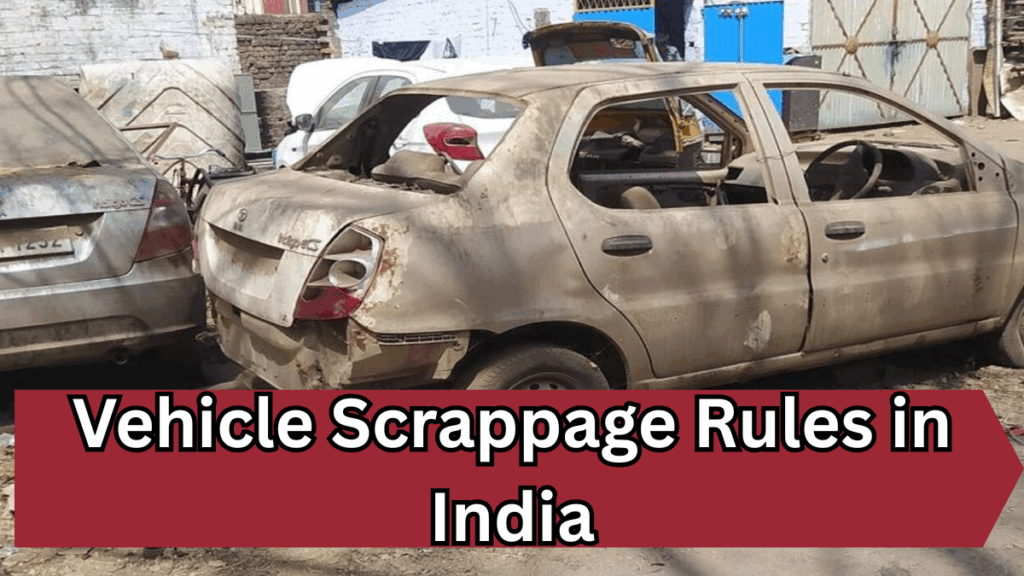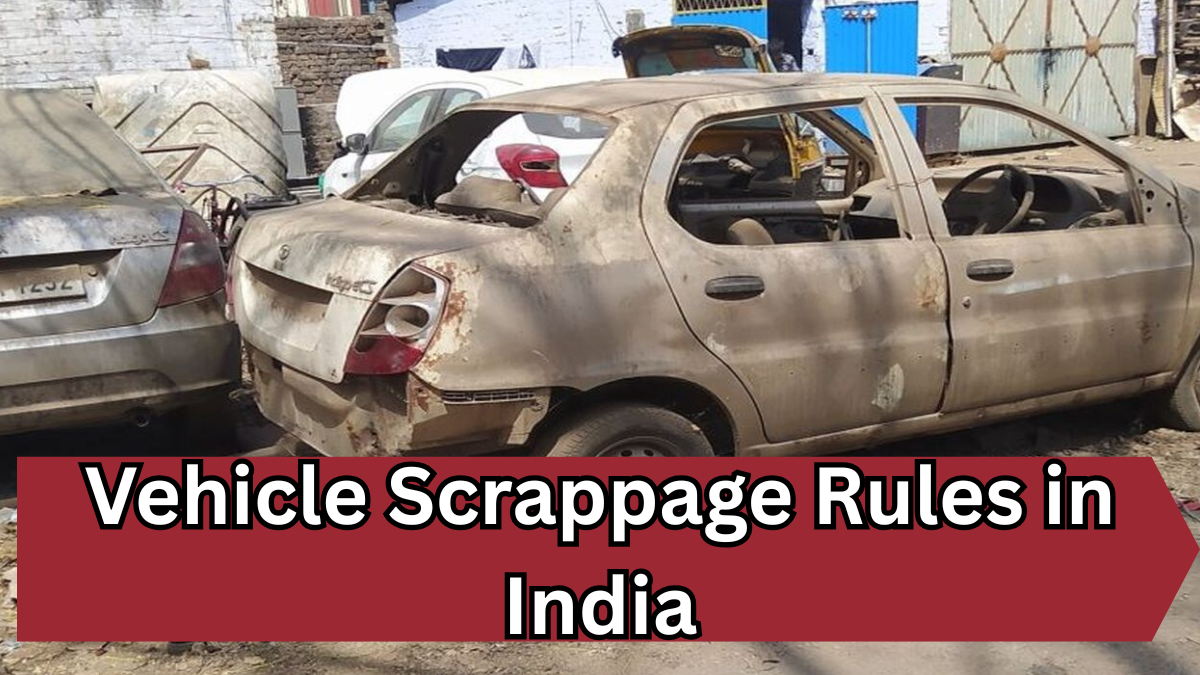India is gearing up for a cleaner, greener future with the introduction of the Vehicle scrappage policy 2025. This policy aims to phase out old, polluting vehicles that contribute significantly to environmental damage and road safety risks.
With stricter regulations coming into effect, it’s important for every vehicle owner to understand the old vehicle ban rules and prepare accordingly.

Why the Vehicle Scrappage Policy 2025 Matters
The government’s objective behind this policy is to:
-
Reduce air pollution from aging and unfit vehicles
-
Promote fuel-efficient and eco-friendly transportation
-
Enhance road safety by removing hazardous vehicles
-
Encourage new vehicle purchases and support the auto industry
Key Highlights of the New Rules
-
Private vehicles older than 20 years may be scrapped if declared unfit
-
Commercial vehicles older than 15 years must undergo mandatory fitness tests
-
Government vehicles over 15 years are automatically slated for scrapping
-
Vehicles failing automated fitness tests will be deregistered
-
Owners may receive benefits like tax rebates and discounts on new vehicles
Which Vehicles Will Be Banned?
The following table outlines the types of vehicles covered under the old vehicle ban rules:
| Vehicle Type | Age Limit | Scrappage Condition |
|---|---|---|
| Private Petrol Vehicles | 20 years | If they fail fitness or emission test |
| Private Diesel Vehicles | 15–20 years | Based on fitness/emission test performance |
| Commercial Vehicles | 15 years | Mandatory fitness test required |
| Government Vehicles | 15 years | Automatically deregistered |
| Two-Wheelers | 15–20 years | Depends on roadworthiness and pollution levels |
How the Scrappage Process Works
Step 1: Fitness Test
Vehicles are evaluated at automated testing stations. Those that fail are marked unfit.
Step 2: Declared End-of-Life
Unfit vehicles are declared “End-of-Life” and cannot be legally driven.
Step 3: Voluntary or Enforced Scrapping
Depending on the case, vehicle scrapping may be voluntary or mandatory.
Step 4: Certificate of Deposit
Once scrapped, the owner receives a Certificate of Deposit, which provides eligibility for incentives on new vehicle purchases.
Benefits of Scrapping Old Vehicles
The government has lined up several incentives under the Vehicle scrappage policy 2025:
-
Up to 25% rebate on road tax for new personal vehicles
-
Full waiver on registration fees
-
Up to 5% manufacturer discount on new vehicle purchase
-
Scrap value of 4–6% of the original vehicle price
What If You Don’t Scrap an Old Vehicle?
Failing to follow the old vehicle ban rules may result in:
-
No renewal of Registration Certificate
-
Ineligibility for road fitness certification
-
Fines or penalties
-
Vehicle impoundment by authorities
What Vehicle Owners Should Do Now
-
Check your vehicle’s registration year and age
-
Get a fitness test done through authorized testing centers
-
Explore scrappage benefits and discounts from dealers
-
Collect and preserve your Certificate of Deposit after scrapping
FAQs
1. Will my 2006 petrol vehicle be scrapped in 2025?
Yes, if your vehicle is 20 years old and fails the automated fitness or emission test, it will likely be scrapped under the Vehicle scrappage policy 2025.
2. How can I check if my vehicle falls under the old vehicle ban rules?
You can check the vehicle age and fitness status via the VAHAN portal or by visiting an automated vehicle testing station.
3. Is it compulsory to scrap vehicles over 15 or 20 years?
Only if the vehicle fails the required fitness or pollution tests. Otherwise, it may still be allowed on the road with renewed certification.
4. What benefits do I get for scrapping my old vehicle?
Scrapping an old vehicle can get you a road tax rebate, waiver of registration charges, dealer discounts on new vehicles, and scrap value benefits.
Click here to learn more
